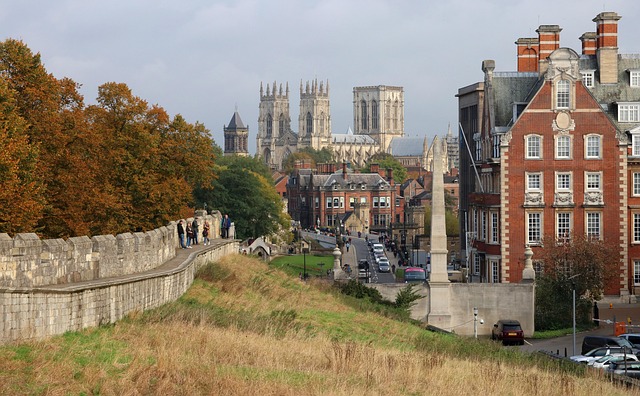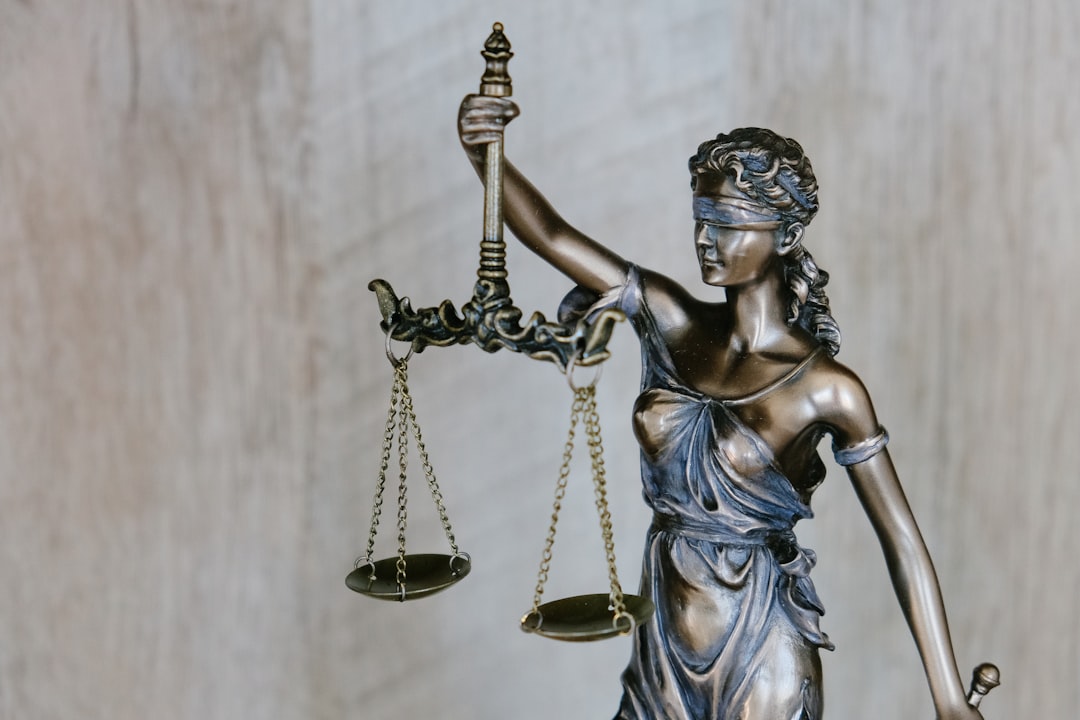Rape is a severe criminal offense in New York State, classified into three degrees and five classes of felonies (A-E) with varying penalties based on severity. Rape attorneys in New York NY are crucial for navigating these complexities, assisting victims' rights and justice. First-degree involves force or coercion; second-degree manipulation without physical force; third-degree sexual acts with an incapacitated person. Penalties range from probation/fines to up to 25 years' imprisonment. Rape attorneys offer tailored guidance, advocating for survivors in the NYC legal landscape.
In New York, understanding the degrees of rape under state law is crucial for victims seeking justice and rapists facing consequences. This article delves into the complexities of New York’s rape laws, from defining the crime to dissecting the seven classes of felonies—from Class A to Class E. We explore the elements required to prove each degree, the potential sentences, and the vital role that rape attorneys play in navigating this intricate legal landscape in New York NY.
Definition of Rape and Relevant Laws in New York State

Rape is a severe criminal offense defined as non-consensual sexual penetration, typically involving sexual intercourse or other forms of sexual contact, against a person’s will. In New York State, the legal definition and classification of rape are outlined in the Penal Law. The state recognizes several degrees of rape, each carrying distinct penalties, with an emphasis on protecting victims’ rights and ensuring justice.
The relevant laws in New York NY, often sought after by individuals seeking guidance or representation, include provisions for rape in the first, second, and third degrees. These classifications consider factors such as the use of force, threats, or coercion; the relationship between the perpetrator and victim; and the circumstances surrounding the act. Rape attorneys in New York NY play a crucial role in navigating these complex legal definitions, helping victims understand their rights and options, and providing aggressive defense strategies for those accused.
Degrees of Rape: Class A to Class E Felonies

In New York State, rape is categorized into different classes of felonies, each with its own legal definition and penalties. From Class A to Class E, these classifications provide a structured framework for understanding the severity of the crime. The most serious offenses, classified as Class A and B felonies, involve sexual acts without consent under threatening circumstances or involving specific vulnerabilities, such as individuals younger than 17 years old or those with intellectual disabilities. These cases often lead to harsher sentences and are handled with utmost urgency by experienced rape attorneys in New York NY.
As the classification decreases from Class A to Class E, the severity of the crime typically diminishes, along with the associated penalties. Class C, D, and E felonies may involve different scenarios, such as consensual sex under age restrictions or other non-violent circumstances. Despite these nuances, all forms of rape are serious matters that require the expertise of legal professionals who specialize in sexual assault cases. Rape attorneys in New York NY play a crucial role in advocating for victims’ rights and ensuring justice is served according to the specific degrees of rape involved.
Elements Required to Prove Each Degree

In New York, rape is categorized into several degrees, each with distinct elements that must be proven to secure a conviction. Rape attorneys New York NY emphasize that understanding these elements is crucial for both victims and legal professionals navigating this complex area of law.
For example, in the first degree, the prosecution must prove beyond a reasonable doubt that the defendant engaged in sexual intercourse with another person without their consent, using force or coercion. This includes threats, violence, or overcoming the victim’s resistance. Second-degree rape requires proof of similar acts but without the use of physical force; instead, it involves manipulation, pressure, or abuse of a position of power. Lastly, third-degree rape involves sexual acts with a person who is incapacitated, such as due to intoxication or mental disability, rendering them unable to give consent. Rape attorneys New York NY advise that gathering evidence and witness testimonies are vital in these cases to ensure justice for victims and accurate legal outcomes.
Potential Sentences and Consequences for Each Offense

In New York, rape is categorized into several degrees, each with distinct penalties. The potential sentences and consequences vary widely based on factors such as the use of force, coercion, or a weapon, as well as the relationship between the victim and perpetrator. For example, a conviction for Rape in the First Degree (NY Penal Law § 130.00), which involves compelling circumstances like physical force or threats, can result in up to 25 years in prison, a fine of up to $250,000, or both.
Rape in the Second Degree (NY Penal Law § 130.10) is a serious offense that does not involve the use of physical force but includes circumstances like coercion through threats or abuse of a position of authority. This can lead to up to 15 years in prison, a fine of up to $100,000, or both. Lower degrees, such as Rape in the Third Degree (NY Penal Law § 130.25), which involves sexual acts with someone who is incapacitated due to intoxication or mental disability, carry lesser penalties, potentially including probation, community service, and/or a fine. Engaging with rape attorneys in New York NY can provide guidance tailored to the specifics of each case.
The Role of Rape Attorneys in Navigating New York's Legal System

In the complex landscape of New York’s legal system, especially when it comes to sensitive issues like sexual assault cases, the role of rape attorneys is invaluable. These specialized legal professionals are adept at navigating the intricate web of state laws and regulations regarding rape, ensuring that their clients’ rights are protected throughout the entire process. With a deep understanding of the New York Penal Law, including its definitions of different degrees of rape, rape attorneys can provide strategic guidance tailored to each unique case.
Rape attorneys in New York NY play a crucial role in helping survivors find justice and closure. They guide their clients through the often-traumatizing experience of a trial, gathering evidence, interviewing witnesses, and constructing compelling legal arguments. Moreover, they educate survivors about their rights, options, and potential outcomes, empowering them to make informed decisions. Through their expertise, rape attorneys ensure that victims are treated with dignity, respect, and sensitivity throughout the legal journey.






